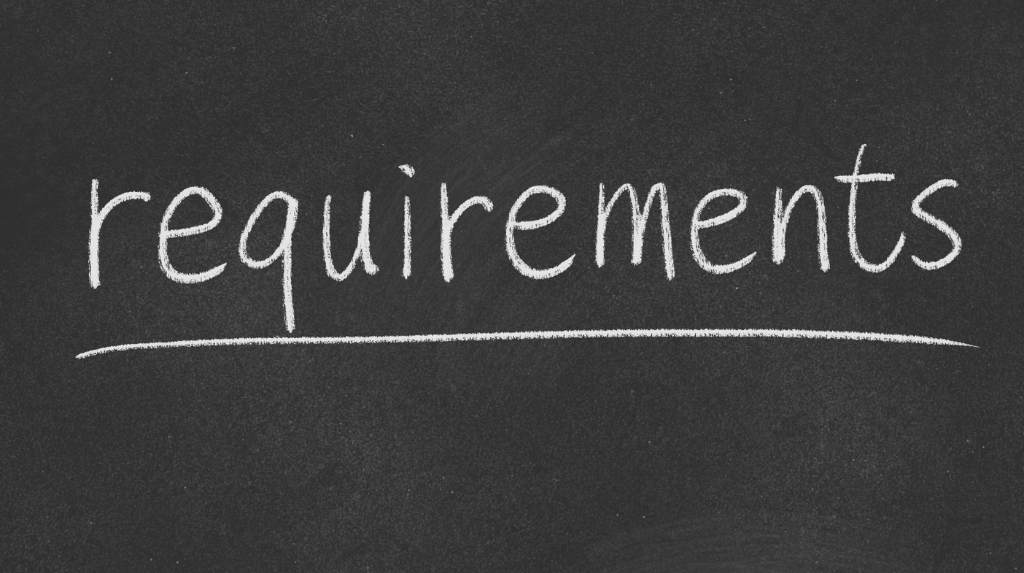If you are considering the Provincial Nominee Program (PNP) in Canada, one important aspect to understand is the duration of stay as a PNP holder. The PNP offers a pathway to permanent residency, granting individuals the opportunity to live, work, and study in Canada. In this article, we will delve into the topic of how long you can stay in Canada with PNP, providing valuable insights and clarifying key aspects of this immigration program.
- Can Canada Visa Be Rejected on Medical Grounds?
- What Documents Are Required for Spouse Visa in Canada?
- PR Through Marriage Canada
Understanding the Provincial Nominee Program (PNP)
What is the Provincial Nominee Program?
The Provincial Nominee Program (PNP) is an immigration program designed to allow Canadian provinces and territories to nominate individuals who possess the skills and experience needed to contribute to the local economy. Each province or territory in Canada has its own specific streams and criteria under the PNP.
How does the PNP work?
Under the PNP, provinces and territories can nominate individuals who meet their specific criteria for permanent residency. Once nominated, applicants can apply for permanent residency through the federal government’s immigration authority, Immigration, Refugees and Citizenship Canada (IRCC).
Benefits of the PNP
The PNP provides several benefits to individuals seeking to immigrate to Canada. Some of the key advantages of the program include:
- Priority processing of applications
- Additional points in the Express Entry system
- Opportunities for individuals with skills in demand by specific provinces/territories
- Potential pathways to Canadian citizenship
How Long Can You Stay in Canada with PNP?
Residency requirements for permanent residents:
As a permanent resident of Canada through the PNP, you can stay in Canada indefinitely. There is no specific time limit or duration attached to your stay. However, to maintain your permanent resident status, you must meet the residency obligation.
Maintaining your permanent resident status:
The residency obligation requires you to be physically present in Canada for at least 730 days (two years) within a five-year period. This demonstrates your commitment to actively residing in Canada and maintaining your ties to the country.
The freedom to live in any province or territory:
One of the advantages of permanent residency obtained through the PNP is the freedom to live and settle in any province or territory in Canada. You are not restricted to a specific region, allowing you to explore different opportunities and enjoy the diverse landscapes and cultures across the country.
Applying for Canadian Citizenship
Eligibility criteria for citizenship:
If you wish to become a Canadian citizen, you can apply for citizenship after fulfilling certain eligibility criteria. This includes meeting the residency requirement, which involves being physically present in Canada for at least 1,095 days (three years) within the five years preceding your citizenship application.
Fulfilling the residency requirement:
The time spent in Canada as a permanent resident count towards the residency requirement for citizenship. Therefore, maintaining your permanent resident status and meeting the residency obligation is crucial if you aspire to become a Canadian citizen in the future.
The rights and responsibilities of citizenship:
Canadian citizenship offers numerous rights and benefits, including the right to vote, access to social benefits, and the ability to obtain a Canadian passport. It also entails certain responsibilities, such as obeying Canadian laws and participating in the democratic process.
Frequently Asked Questions About the PNP and Duration of Stay
Can I travel outside Canada as a PNP holder?
Yes, as a PNP holder, you can travel outside Canada. However, it’s important to ensure that you meet the residency obligation and maintain your permanent resident status by spending the required time in Canada.
Can I bring my family with me through the PNP?
Yes, most PNPs allow applicants to include their family members in the application. Spouses, partners, and dependent children can accompany the principal applicant to Canada as permanent residents.
Are there any conditions on my permanent residency?
Permanent residency obtained through the PNP is usually unconditional. However, it’s important to review the specific terms and conditions of your nomination and ensure compliance with the requirements of the province or territory that nominated you.
Can I work or study in any field or province?
Yes, as a permanent resident through the PNP, you have the freedom to work or study in any field and province in Canada. You are not limited to a specific occupation or location.
Is there a time limit to convert permanent residency to citizenship?
There is no specific time limit to convert permanent residency to citizenship. However, you must fulfill the residency requirement and meet the eligibility criteria for citizenship before you can apply.
How does the PNP affect my eligibility for social benefits?
As a permanent resident through the PNP, you are generally eligible for most social benefits available to Canadian citizens. This includes healthcare coverage and access to social assistance programs, provided you meet the specific eligibility requirements of each benefit.
In conclusion, the Provincial Nominee Program (PNP) offers individuals the opportunity to obtain permanent residency in Canada and enjoy the benefits of living in this diverse and welcoming country. As a PNP holder, you can stay in Canada indefinitely, provided you meet the residency obligation. The PNP also opens avenues for Canadian citizenship, allowing you to fully integrate into Canadian society. By understanding the duration of stay and the rights and responsibilities that come with permanent residency, you can plan your future in Canada with confidence.
Do you need support with your Canadian visa application?
Contact our team of skilled immigration lawyers to discuss your visa and immigration needs.
Call us on +234 812 5505 986 or WhatsApp us at +234 818 1547 085 for immediate assistance with your situation. We are available to assist you in person, over the phone, or online.





